Best Budget Software For Mac
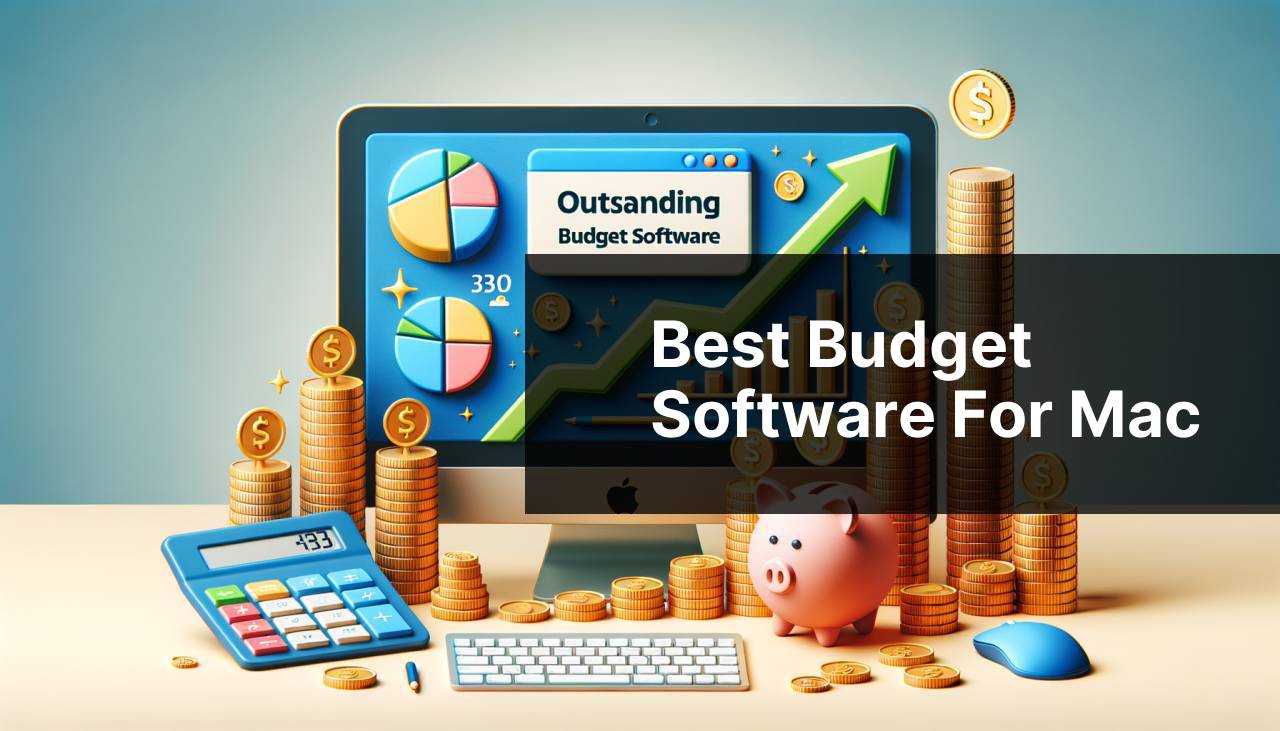
With the rise of remote work and the increasing focus on financial health, managing your budget efficiently has never been more important. Especially for Mac users, finding the **best budget software** can make all the difference between financial stability and unwelcome surprises. I’ve spent considerable time evaluating various budgeting tools that are compatible with macOS to provide a balanced insight into the options available. Let’s take a look at the top candidates that blend functionality with affordability.
Mint
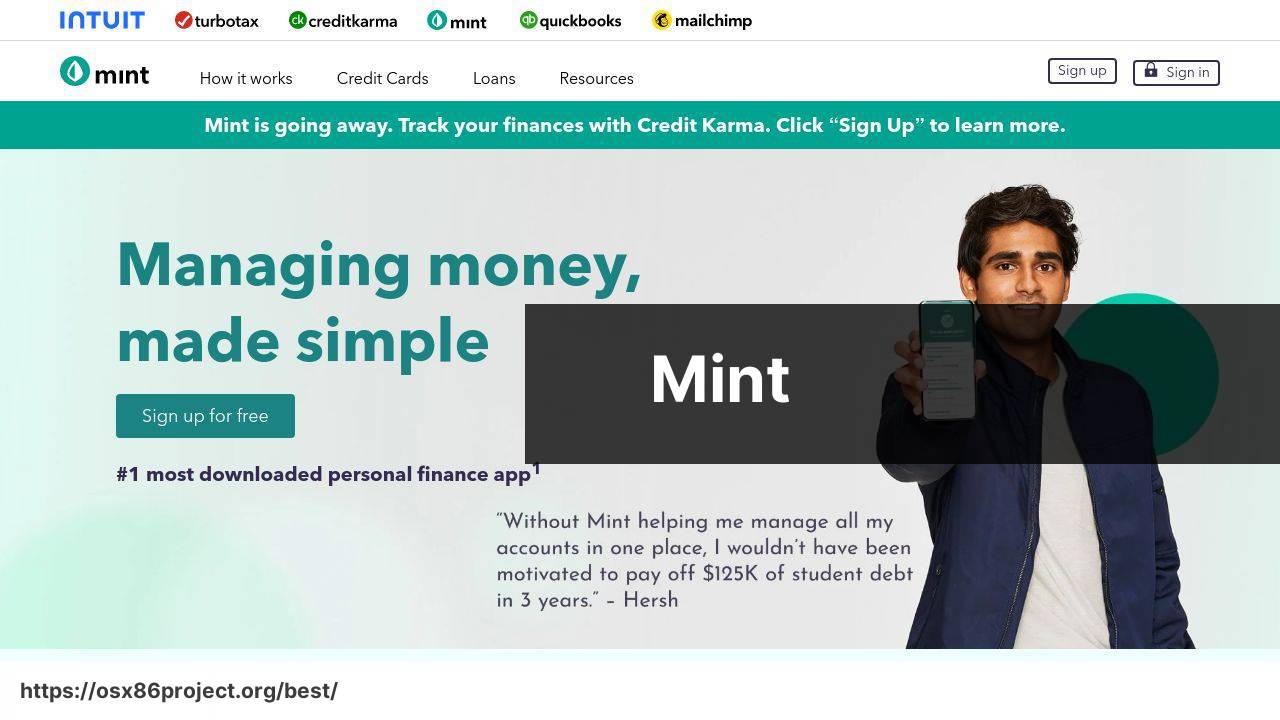
Mint is a well-known budgeting tool that provides an array of features to help keep your finances in check. Its user-friendly interface allows for easy tracking of expenses, investments, and even offers personalized financial tips. One of the software’s strengths is its collaborative nature, enabling multiple users to work on the same budget.
Pros
- User-friendly interface
- Personalized financial advice
- Collaborative capabilities
Cons
- Some users report issues with account syncs
- Adverts can be intrusive
You Need a Budget (YNAB)
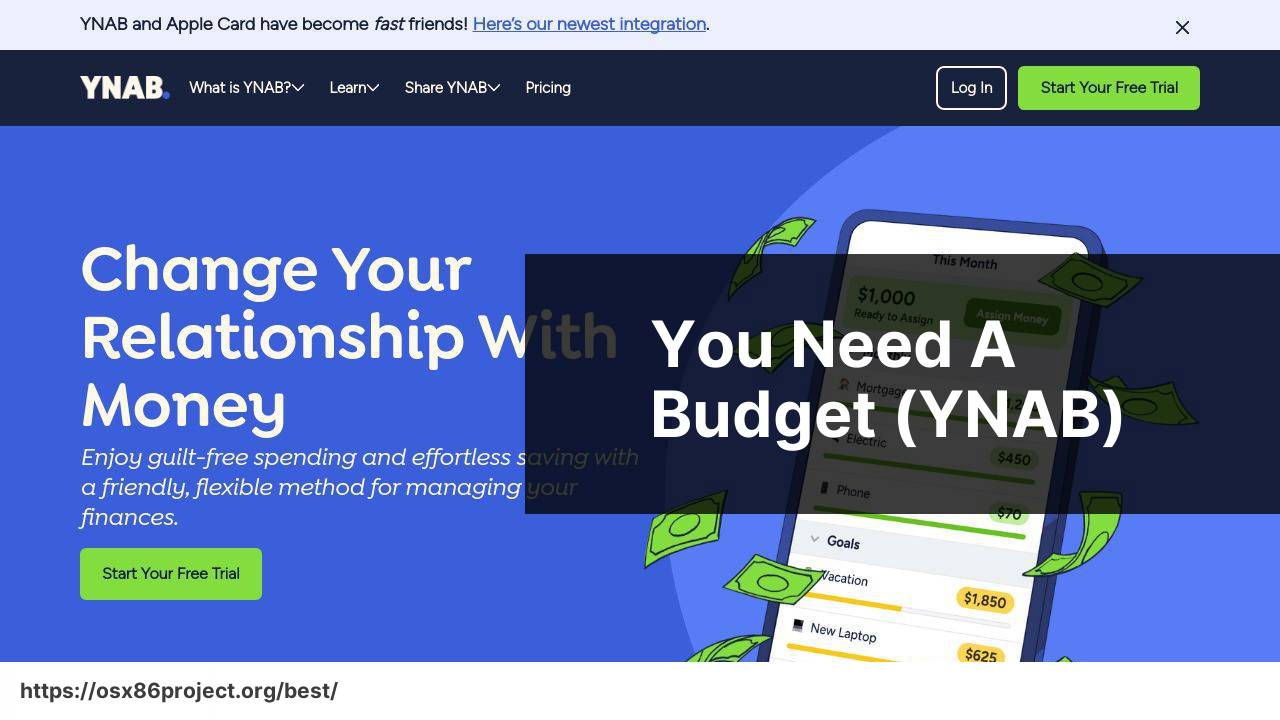
The You Need a Budget (YNAB) software adopts a proactive approach to budgeting, encouraging users to give every dollar a job. Its user base loves the detailed reporting and goal-setting features, making it easier to stick to financial plans. YNAB also provides educational resources to improve financial literacy.
Pros
- Detailed reporting and tracking
- Strong educational component
- Helpful goal-setting features
Cons
- Subscription-based, so it’s not free
- May have a steeper learning curve for new users
PocketGuard

PocketGuard stands out for its simplicity and its mission to help you ‘guard’ your pockets by preventing overspending. It categorizes your transactions automatically and finds opportunities where you can save, including negotiating bills on your behalf. It’s known for a straightforward setup process that gets you started quickly.
Pros
- Simple and intuitive interface
- Automatic transaction categorization
- Bill negotiation feature
Cons
- Lacks investment tracking
- Premium features require a subscription
EveryDollar
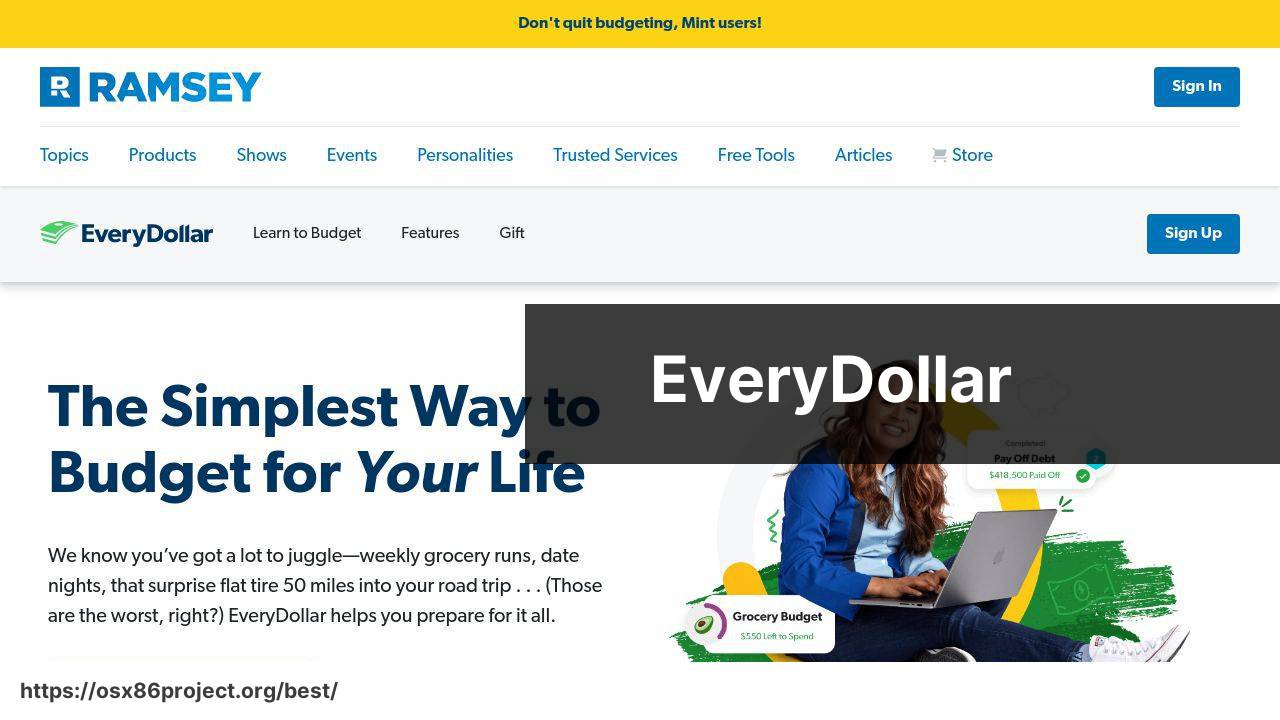
Created by personal finance expert Dave Ramsey, EveryDollar is designed to support the zero-based budgeting method. The software encourages users to allocate every dollar before the month begins, which means planning for every expense. While it’s great for meticulous budgeters, its limited features in the free version might be a hurdle for some.
Pros
- Supports zero-based budgeting
- Easy to allocate monthly income
- Integrates with Ramsey+/li>
Cons
- More robust features require a Ramsey+ subscription
- No investment tracking capabilities
Goodbudget
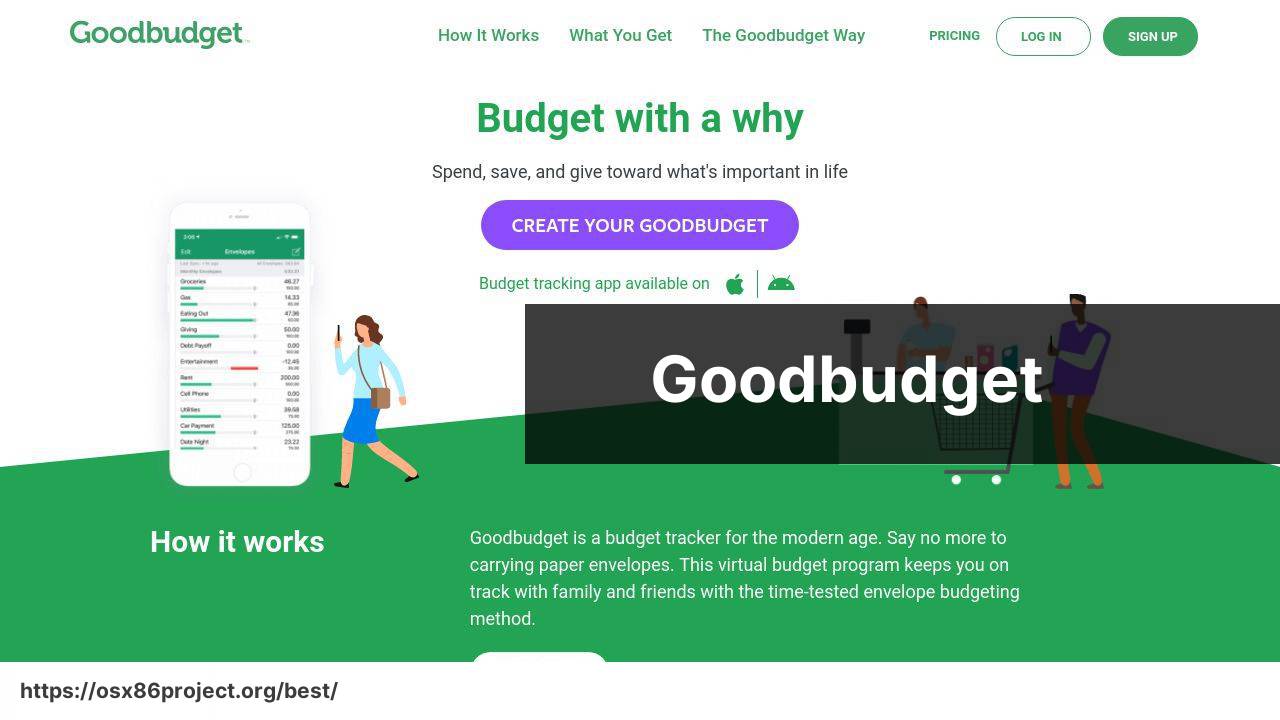
Goodbudget is a modern take on the traditional envelope budgeting system where each envelope represents a category in your budget. It’s especially useful for those who prefer hands-on management of their finances. Goodbudget allows for easy sharing between devices, which is great for households with shared finances.
Pros
- Envelope budgeting made easy
- Device syncing for sharing budgets
- Customizable budget categories
Cons
- Limited reporting in the free version
- No bank syncing; manual entry required
Conclusion:
Frequent changes in technology also mean that budgeting software is continually evolving. Keep an eye out for updates or new entrants into the market that could provide improved functionality or better integration with banking apps.
If you want to expand your knowledge even further, websites like Investopedia and NerdWallet offer extensive resources that encompass many areas of personal finance, from investing basics to complex tax strategies.
Remember, budgeting is a personal journey; while software can provide structure and support, ultimately, the results depend on your commitment to managing your money. Leverage these tools as a stepping stone towards financial wellness, but also take the time to educate yourself and stay proactive about your financial health.
FAQ
What are some of the best budget software applications available for Mac users?
Popular options for Mac users include Mint, YNAB (You Need A Budget), and Quicken. All provide robust budgeting tools and financial planning features. Check out Quicken’s homepage here.
Is there free budget software that I can use on my Mac?
GnuCash and Mint offer free versions that work well on Macs, providing basic budgeting and financial tracking without an initial investment.
How does YNAB support Mac users in creating a budget?
YNAB for Mac empowers users with a zero-based budgeting system that assigns every dollar a job, promoting mindful spending and saving. They provide more information here.
Can I sync my bank accounts with Mint on my Mac?
Yes, you can sync your bank accounts, credit cards, and other financial accounts with Mint to automatically update and categorize your transactions.
Does Quicken for Mac offer investment tracking capabilities?
Quicken provides advanced features including investment tracking, allowing users to monitor their portfolios alongside regular budgets and expenses.
Are there budget apps for Mac that support multi-currency?
GnuCash supports multiple currencies, making it a suitable option for Mac users who handle finances in different currencies.
Can I use Apple Numbers for budgeting on my Mac?
Apple Numbers includes templates for creating budgets and can be a simple solution for users who prefer spreadsheet-based budgeting.
Is there a way to access my budget data on the go from my Mac budgeting app?
Many Mac budgeting apps, like YNAB and Mint, offer companion mobile apps that allow users to access and update their budget from anywhere.
How secure are Mac budgeting apps like Quicken and Mint?
Both Quicken and Mint use bank-level encryption to protect user data, ensuring that your financial information is kept secure.
Does YNAB integrate with Mac software like Apple Health to track financial health?
YNAB itself doesn’t integrate directly with Apple Health, but it focuses on financial health by promoting budgeting discipline and financial awareness.
 Best MacOS Apps / Software
Best MacOS Apps / Software
